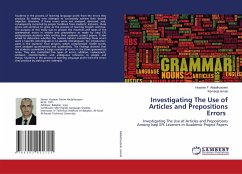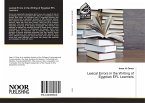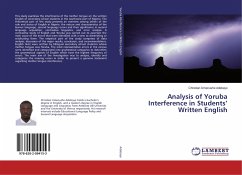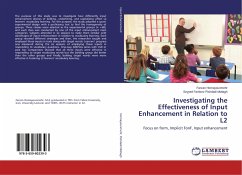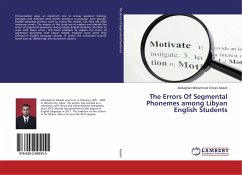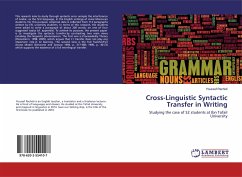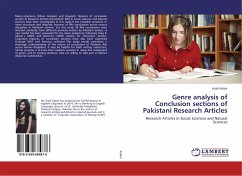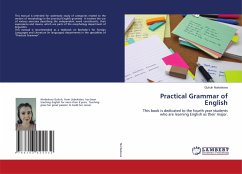Students in the process of learning language profit from the errors they produce by making new attempts to successively achieve their desired objective. However, if these errors were not analyzed, detected, and, consequently corrected by proper feedback from students' lecturers, these errors will continue to grow as the process of learning English continue. The purpose of this study was to analyze the instances and types of the grammatical errors in articles and prepositions as made by Iraqi EFL postgraduate students while writing their academic project papers. It also aimed to determine whether the reasons behind committing these errors were L1-specific (interlingual) or L2-specific (intralingual). Ten introduction parts in the students' final projects, which compromised 10.000 words, were analyzed quantitatively and qualitatively. The findings showed that the students committed a huge number of errors in the three grammatical areas. They also committed five types of errors, addition, replacement, omission, misinformation, and ambiguous reference to people and things. Students in the process of learning language profit from the errors they produce by making new attempts.
Bitte wählen Sie Ihr Anliegen aus.
Rechnungen
Retourenschein anfordern
Bestellstatus
Storno

